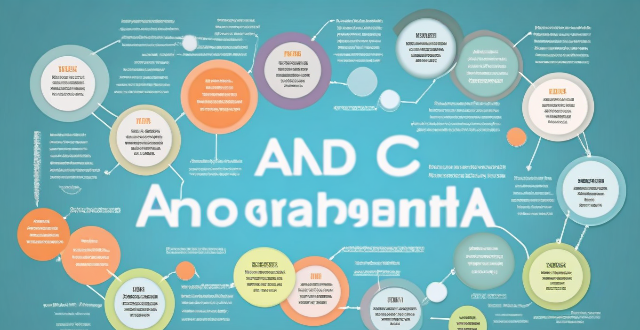Education and awareness programs are crucial for promoting resource-efficient utilization. These programs can help individuals make informed decisions about their consumption habits and encourage them to adopt more sustainable practices. To maximize the impact of education and awareness programs, it is important to target different audiences, use multiple channels for dissemination, provide practical tips and strategies, and foster a sense of community and collective action towards sustainability goals. By doing so, these programs can contribute significantly to resource efficiency and promote sustainable development.

How Can Education and Awareness Programs Help in Promoting Resource-Efficient Utilization?
Education and awareness programs play a crucial role in promoting resource-efficient utilization. By providing individuals with the necessary knowledge and skills, these programs can help them make informed decisions about their consumption habits and encourage them to adopt more sustainable practices. In this answer, we will explore some of the ways in which education and awareness programs can contribute to resource efficiency.
Importance of Education and Awareness Programs
Education and awareness programs are essential for promoting resource-efficient utilization because they:
- Increase understanding of resource conservation issues
- Encourage individuals to take responsibility for their actions
- Provide practical tips and strategies for reducing waste and conserving resources
- Foster a sense of community and collective action towards sustainability goals
Strategies for Promoting Resource Efficiency through Education and Awareness Programs
1. Targeting Different Audiences
To maximize the impact of education and awareness programs, it is important to target different audiences, including:
- Children and young people, who can be taught about sustainable practices from an early age
- Adults, who may need more information and incentives to change their behavior
- Businesses and organizations, which have a significant impact on resource consumption and waste generation
2. Using Multiple Channels for Dissemination
Effective education and awareness programs should use multiple channels for disseminating information, such as:
- Social media platforms, which allow for rapid sharing of information and engagement with a wide audience
- Print materials, such as brochures, posters, and flyers, which can be distributed in public places or sent directly to households
- Workshops and seminars, which provide opportunities for interactive learning and discussion among participants
3. Providing Practical Tips and Strategies
Education and awareness programs should focus on providing practical tips and strategies that individuals can easily implement in their daily lives, such as:
- Reducing water consumption by fixing leaks and taking shorter showers
- Using energy-efficient appliances and light bulbs to reduce electricity usage
- Recycling and composting organic waste to reduce landfill space requirements
- Supporting local businesses that prioritize sustainability and resource efficiency in their operations
4. Encouraging Collective Action
Finally, education and awareness programs should foster a sense of community and collective action towards sustainability goals by:
- Encouraging individuals to join local environmental groups or initiatives
- Facilitating collaborations between businesses, governments, and communities to address resource conservation issues together
- Celebrating successes and achievements in resource efficiency to inspire others to follow suit
In conclusion, education and awareness programs are essential tools for promoting resource-efficient utilization. By targeting different audiences, using multiple channels for dissemination, providing practical tips and strategies, and encouraging collective action, these programs can help individuals make informed decisions about their consumption habits and adopt more sustainable practices.